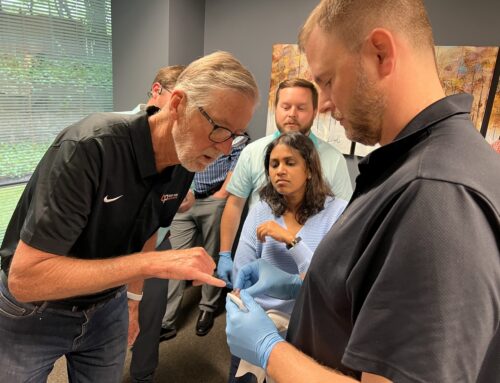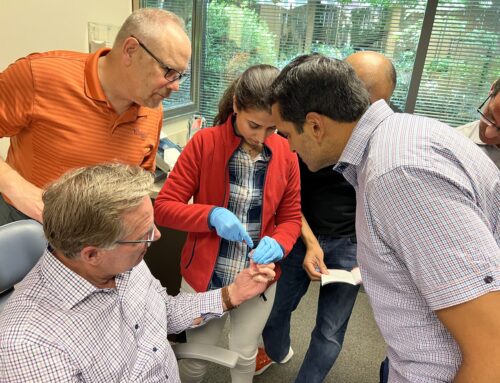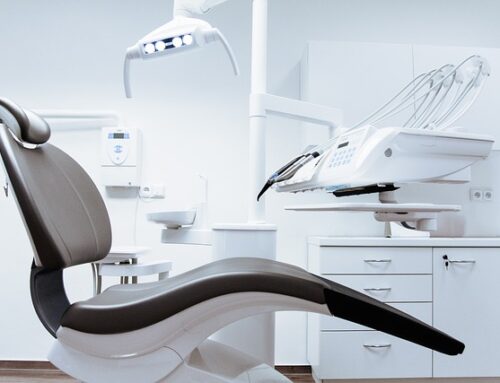Getting a good night’s sleep is so important for our patients. However, it can often be difficult to come to for some. Sleeping well at night can help prevent stroke, while getting a good night’s rest can be hard for stroke survivors. Studies have looked at the association between stroke and sleep, but doctors continue to overlook that connection between sleep disorders and stroke.
According to a review published in the American Heart Association journal Stroke, 50% of stroke survivors have some type of sleep problem. Unfortunately, very few get formally tested because of a lack of awareness among stroke providers.
Sleep disturbances worsen
In addition to increasing a person’s risk for stroke, sleep disturbances may also worsen after a stroke. Remedies to reduce sleep impairments can help prevent a first or subsequent stroke. The report found that more than 70% of stroke survivors have obstructive sleep apnea. One study even found that people with OSA had a nearly twofold increase in stroke or death.
For patients with OSA, it can lead to high blood pressure or hypertension, which may be a reason why some doctors miss this connection. High blood pressure is the strongest risk factor for stroke. However, another big contributor is obesity. Both of these conditions are strongly associated with sleep apnea.
While it is important to treat sleep apnea in general, it is even more vital that we treat sleep apnea in those who have already had a stroke. Continuous positive airway pressure machines are often the first choice for treatment, but oral appliance therapy might also be a viable option too. Make sure you talk to your patients about oral appliance therapy to ensure they are getting the best care possible.
What other ways can you make sure your patients are getting the care they need? It is important for us to identify these patients and provide proper care.






